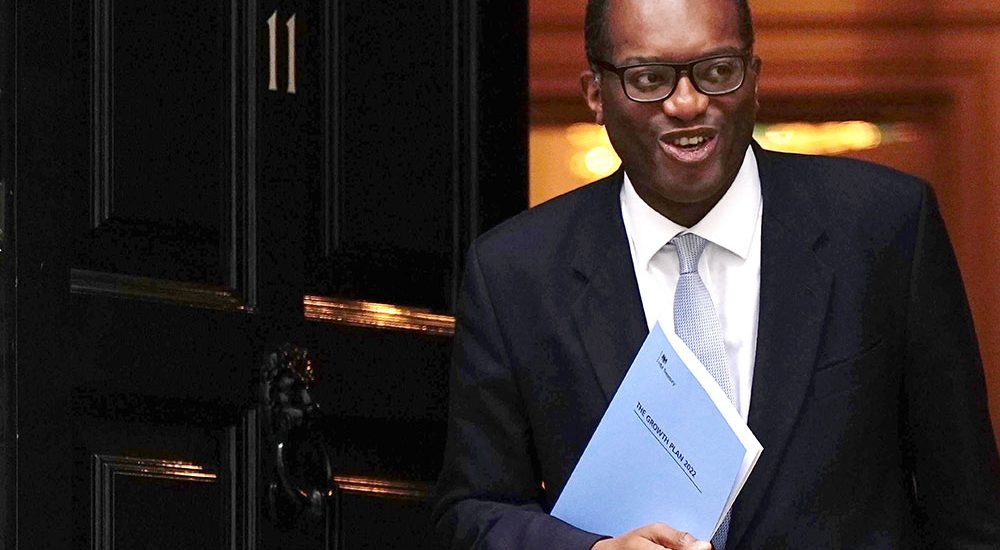The ‘Mini’ Budget Summary
- September 23, 2022
- Posted by: admin
- Category: Uncategorized

The Chancellor today announced sweeping tax cuts in the new governments first mini budget.
Setting out his aims for economic growth, Kwarteng said he wants the economy to increase by 2.5% annually in the medium-term, through a mix of tax incentives and reforms. Below is a recap of some of the tax cuts:
Income tax
The 45% higher rate of income tax will also be abolished under the new chancellor, and will instead be replaced with a single higher rate of 40%, meaning 31 million people will be better off by an average of £170 per year.
The basic rate of income tax will also be cut to 19% from April next year.
National Insurance:
National Insurance will be reversed from November. The Treasury said the change would save nearly 28 million people an average of £330 per year.
Bankers Bonus:
Meanwhile, a cap on bankers’ bonuses will be scrapped as the current restrictions “do not work”. He said the move would encourage banks to both work and pay tax in the UK.
Households and businesses energy support:
An energy price guarantee will see domestic bills frozen at £2,500 in a bid to support households against rising energy costs.
This will see household energy bills cut by around £1,400 this year, while millions of the most vulnerable people will reportedly receive additional payments that take their total yearly savings to £2,200.
VAT
VAT-free shopping will be introduced for overseas visitors, while planned increases in the duty rates for beer, cider, wine and spirits will all be cancelled.
Stamp Duty:
Stamp duty reform was also a focus of the mini-budget. The level at which house buyers start paying stamp duty will double to £250,000 to “support growth, increase confidence, and help families aspiring to own their own home”.
The threshold for first-time buyers will also be increased from £300,000 to £425,000, and the value of the property purchased by first-time buyers will be able to claim relief from £500,00 to £625,000.
Hope that helps
